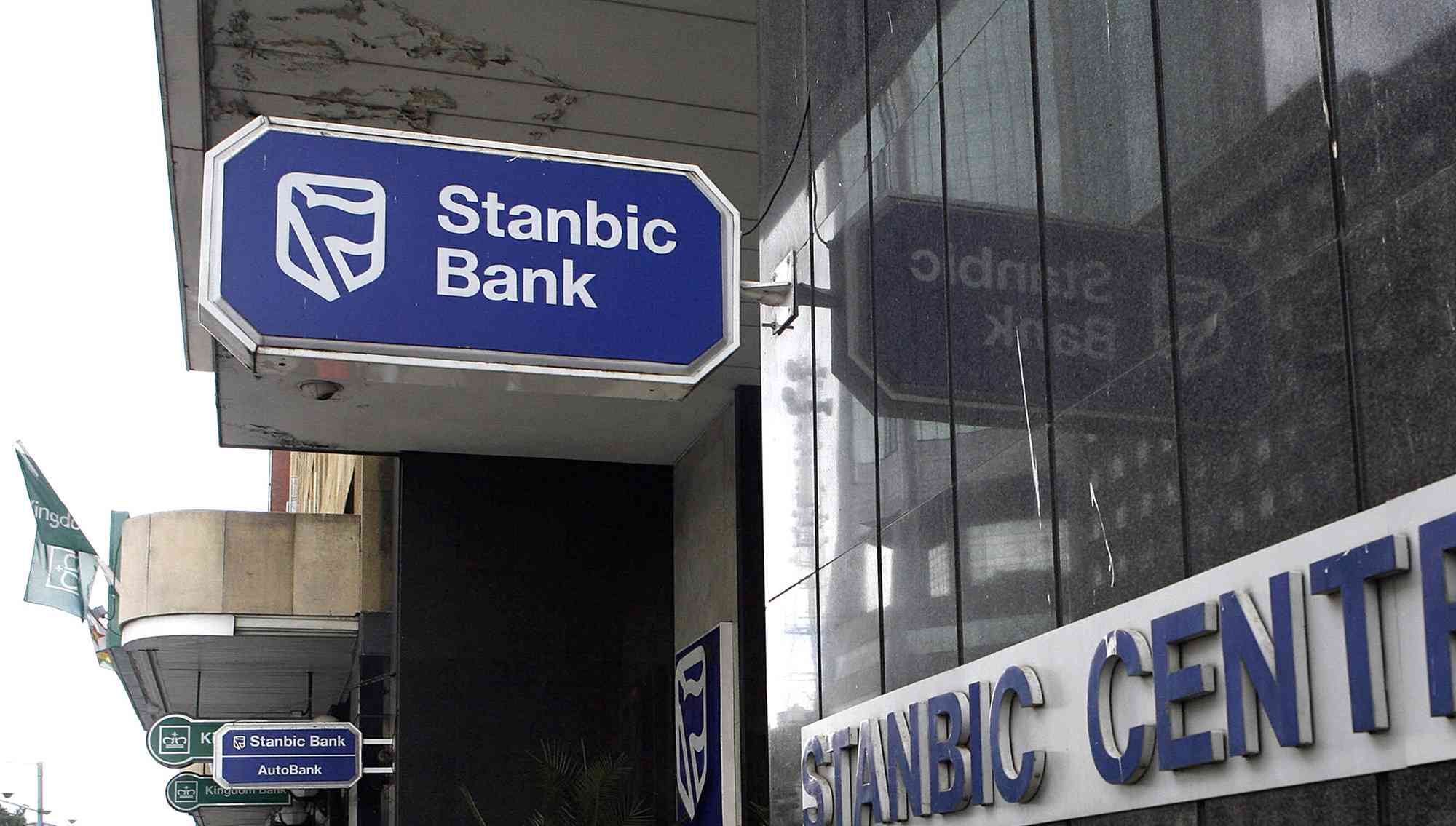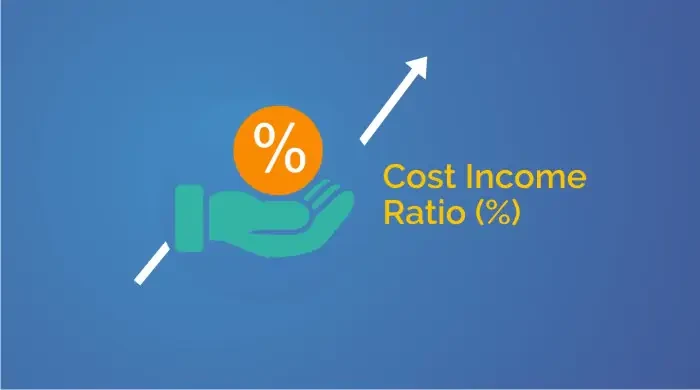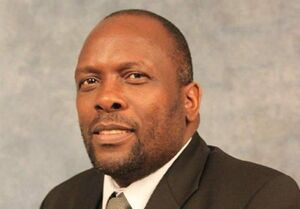
WASHINGTON — A bitterly divided Congress set the United States (US) on a collision course with financial markets yesterday as Democrats and Republicans pursued rival plans unlikely to generate the broad support needed to avert a catastrophic and unprecedented debt default.
With an August 2 deadline little more than a week away, lawmakers have steadfastly refused to compromise and talks have once again collapsed in finger pointing and acrimony.
Investors have begun to react to the possibility of a first-ever default, which could push the world’s largest economy back into recession and send shockwaves through global markets. US stock futures fell in overseas trading, pointing to a poor open for US markets.
“There’s an old saying that things don’t matter until the day they matter; we’re getting close to the day when it will matter,” said Quincy Krosby, market strategist at Prudential Financial in Newark, New Jersey.
President Barack Obama and congressional leaders have tried to reassure global markets that the country will be able to service its debt and meet other obligations after August 2, when the Treasury Department will have exhausted its reserves.
Lawmakers, apparently recognising the serious risk that investors will dump the US dollar and Treasury bonds out of fear America will default or at least lose its Triple-A credit rating, set yesterday deadline to show markets a plan.
But talks between Democrats and Republicans in Congress fell apart once again on Sunday, after House Speaker John Boehner acrimoniously broke off talks with Obama on Friday.
Now the Republican-controlled house and the Democratic-controlled senate appear to be heading for a showdown as their leaders develop competing legislation.
- Chamisa under fire over US$120K donation
- Mavhunga puts DeMbare into Chibuku quarterfinals
- Pension funds bet on Cabora Bassa oilfields
- Councils defy govt fire tender directive
Keep Reading
It is not clear whether either plan would satisfy ratings agencies, which warn that the United States must take significant steps to get its long-term fiscal problems under control in order to preserve its top-notch status.
A downgrade would raise costs for government American consumers, whose spending helps drive US economic growth. Democratic Senator Harry Reid aims to raise the debt ceiling by $2,7 trillion, enough to cover the country’s borrowing needs through the November 2012 elections.
That would be paired with an equal amount in spending cuts over 10 years — short of the $4 trillion in deficit savings that experts say will be necessary to keep debt at a sustainable level. Boehner’s plan would raise the debt limit in stages, forcing Congress to confront the politically-painful issue again before the election.
His plan could potentially deliver bigger budget savings through an overhaul of the tax code and a reform of expensive health benefits that are expected to balloon over the coming decade.
Neither plan would raise taxes, despite Obama’s insistence that tax hikes need to be part of the solution. Democrats want to ease the pain of spending cuts by phasing them in gradually over 10 years and increasing taxes on the wealthy.—Reuters











